Description
Alfalfa Flora Pollination Service
Alfalfa (Medicago sativa) is a crucial forage crop widely grown for animal feed due to its high protein content and nutritional value. Successful alfalfa seed production relies on effective pollination, as its flowers are self-incompatible and require insect pollinators to ensure fertilization. Among all pollinators, honeybees play an essential role in maximizing alfalfa seed yield and quality, making honeybee-based natural farming a key factor in sustainable agricultural success.
Why Honeybee Pollination is Essential for Alfalfa
Alfalfa flowers have a unique tripping mechanism, where the flower releases its pollen when triggered by pollinators like honeybees. Without proper pollination, seed production remains low, affecting farm profitability. Honeybee pollination leads to:
- Significantly Increased Yield – Boosts alfalfa seed production by 23% and improves quality by 197%.
- Better Seed Quality – Ensures high germination rates and strong, viable seeds.
- Improved Forage Growth – Well-pollinated alfalfa leads to better regrowth cycles, benefiting livestock feed supply.
- Sustainable & Pesticide-Free Farming – Eliminates the need for chemical pollination methods, supporting organic agriculture.
- Economic & Environmental Benefits – Enhances biodiversity and improves farm profitability.
Optimal Beekeeping for Alfalfa Pollination
To achieve maximum pollination efficiency, farmers should place 7 beehives per hectare in alfalfa fields. This ensures a sufficient bee population to facilitate the pollination process, leading to higher seed yield and superior quality.
At Beefarm, we offer professional pollination services and beehive rentals, helping farmers optimize their alfalfa seed production through natural honeybee pollination. Our sustainable solutions eliminate pesticide reliance while promoting healthy crop growth.
Conclusion
Integrating honeybee pollination into alfalfa farming results in higher seed yields, improved quality, and long-term agricultural sustainability. By adopting natural pollination methods, farmers can enhance profitability, support biodiversity, and ensure a thriving ecosystem.

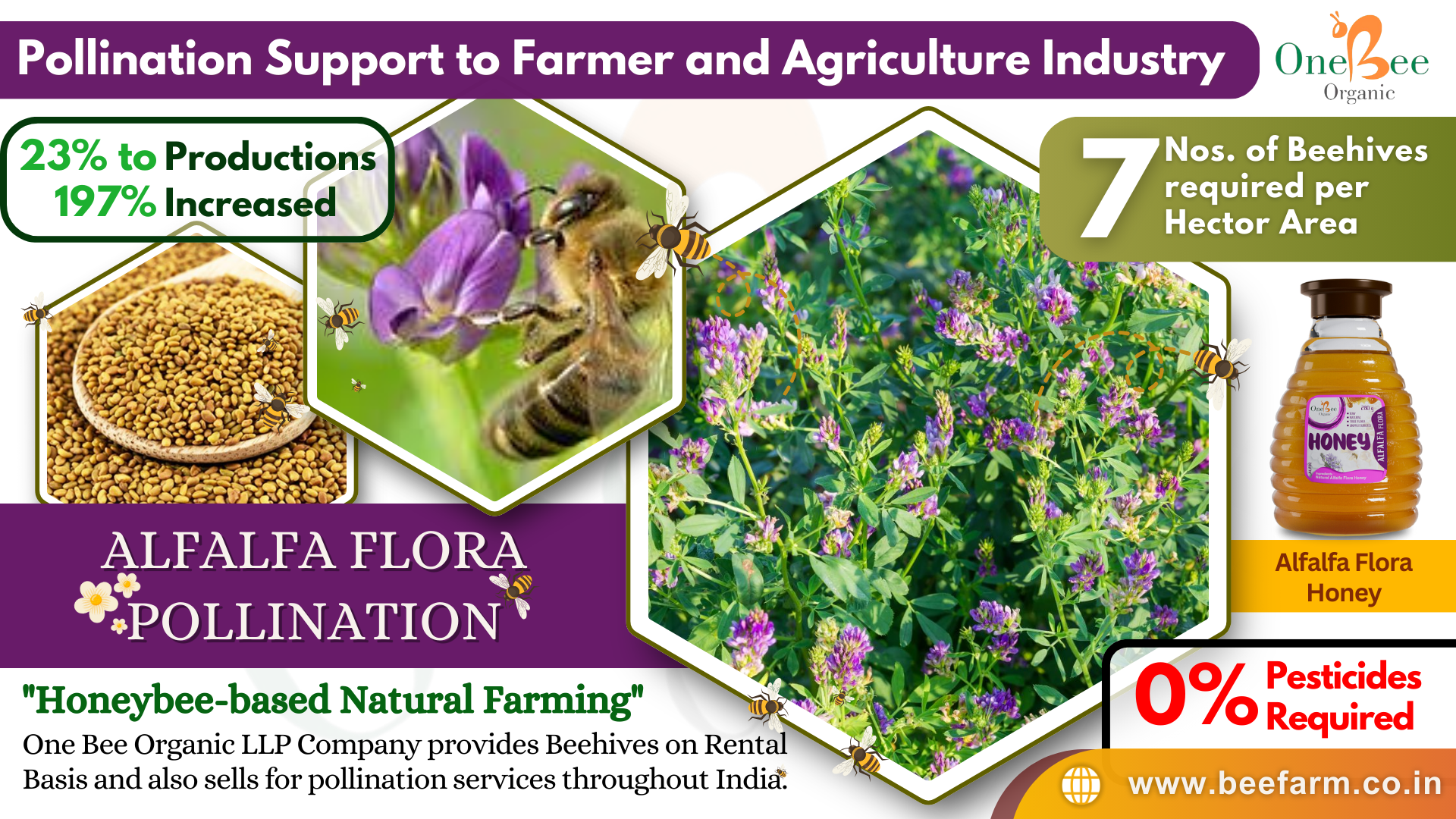
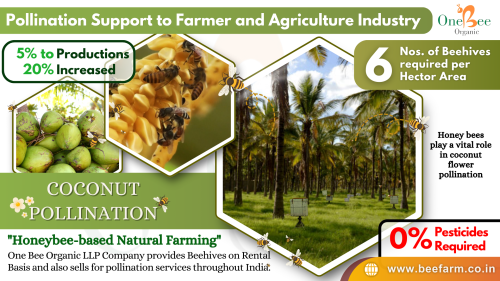
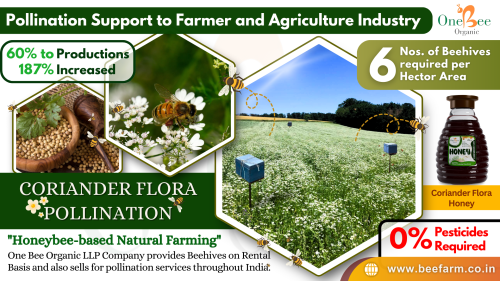
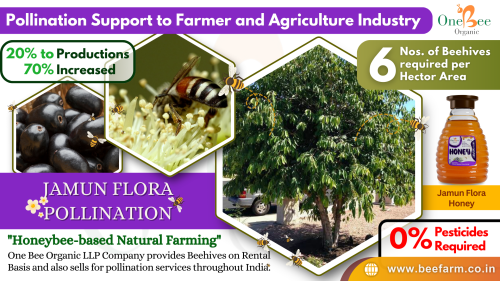
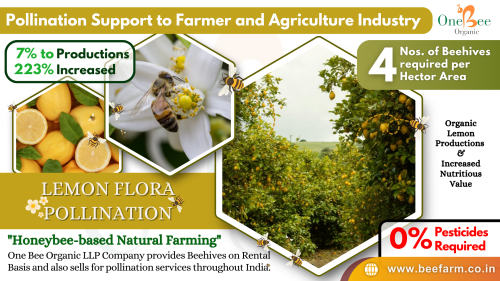
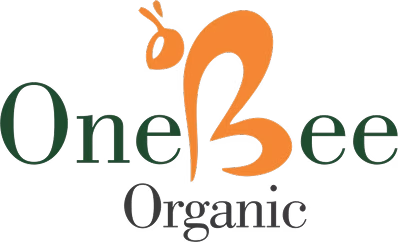
Reviews
There are no reviews yet.